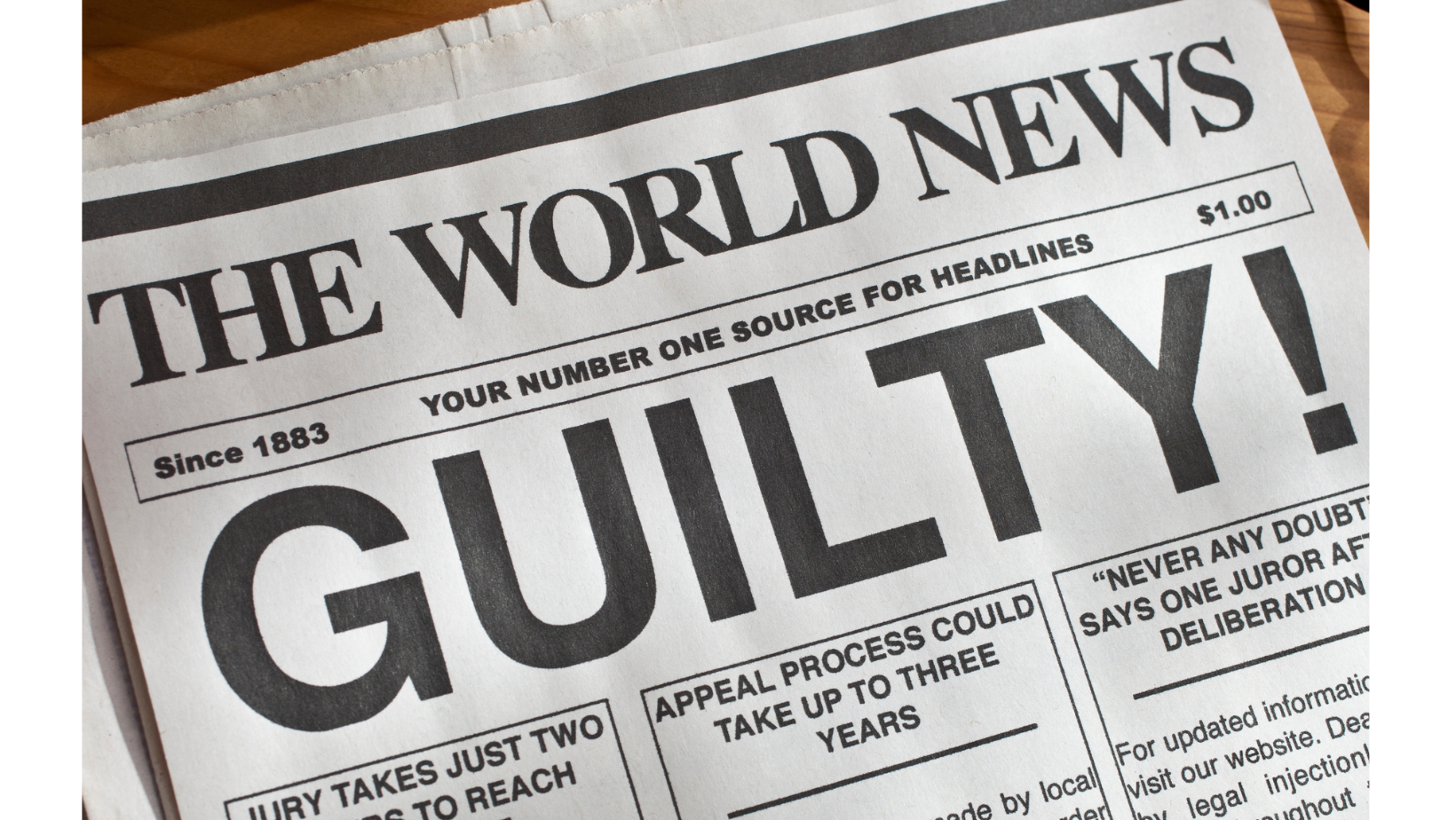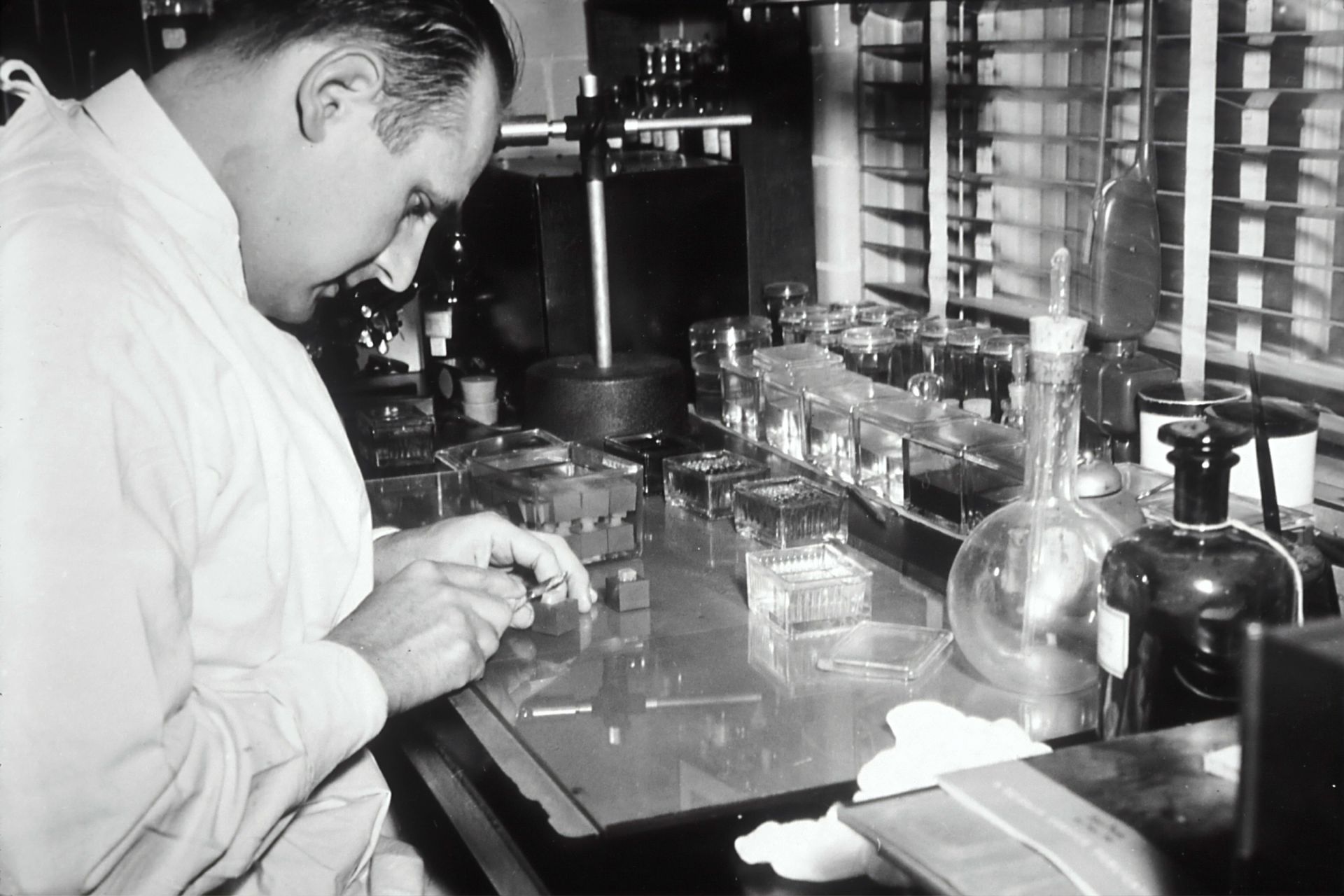They say the truth will set you free. But when it comes to defamation, I wouldn’t count on it.
The recent rush of “Me Too” revelations has set up what promises to be some very interesting defamation litigation in the not too distant future.
With celebrity thespian Craig McLaughlin claiming sexual misconduct allegations brought him into “disrepute, odium, ridicule and contempt”, Fairfax Media and the ABC are going to have to think long and hard about precisely what they plead in their defence, while in defending a similar defamation action by Oscar-winner Geoffrey Rush the Daily Telegraph has firmly nailed its colours to the mast by pleading that the allegations made by actor Eryn Norvill that Rush inappropriately touched her during a production of King Lear at the Sydney Theatre Company in 2015, are in actual fact quite true.
Certainly, truth is a complete defence to defamation, but it’s not always as simple as it sounds. Unlike in the US, where similar public allegations of inappropriate sexual behaviour are currently flying thick and fast, here in Australia if you plead truth as your defence to defamation, the onus is on you to prove the defamatory assertion to be true.
In a defamation case I recently conducted in the Supreme Court, a very experienced judge, who previously had a long and distinguished career as a barrister specialising in defamation, made the point that one needs to be “very bold” to rely on a pleading of truth as a defence to defamation. His Honour made the point that, throughout his career as an advocate he pleaded truth in no more than a handful of cases because, when you plead truth, you have to be very confident you can prove the truth of what you’re pleading.
It’s not enough to be personally convinced and certain in your heart of hearts that what you’re publishing is nothing but God’s honest truth, you have to be able to prove it’s absolutely so. And when you’re counting on the perhaps uncorroborated say-so of just one person that can be a daunting prospect.
The big problem is, of course, when you plead the defence of truth on the public record, you effectively repeat the defamation. So if, in the end, you fail to prove the defamatory publication was true, by repeating it on the public record you will have most likely substantially increased and aggravated the damage suffered by the plaintiff as a consequence, because the press has had a field day reporting and repeating the offending defamation far and wide. And if you persist in claiming to be true something you ultimately can’t prove to be so, in some circumstances that will be considered to be evidence of malice.
Fortune sometimes favours the “very bold,” and sometimes it doesn’t.










